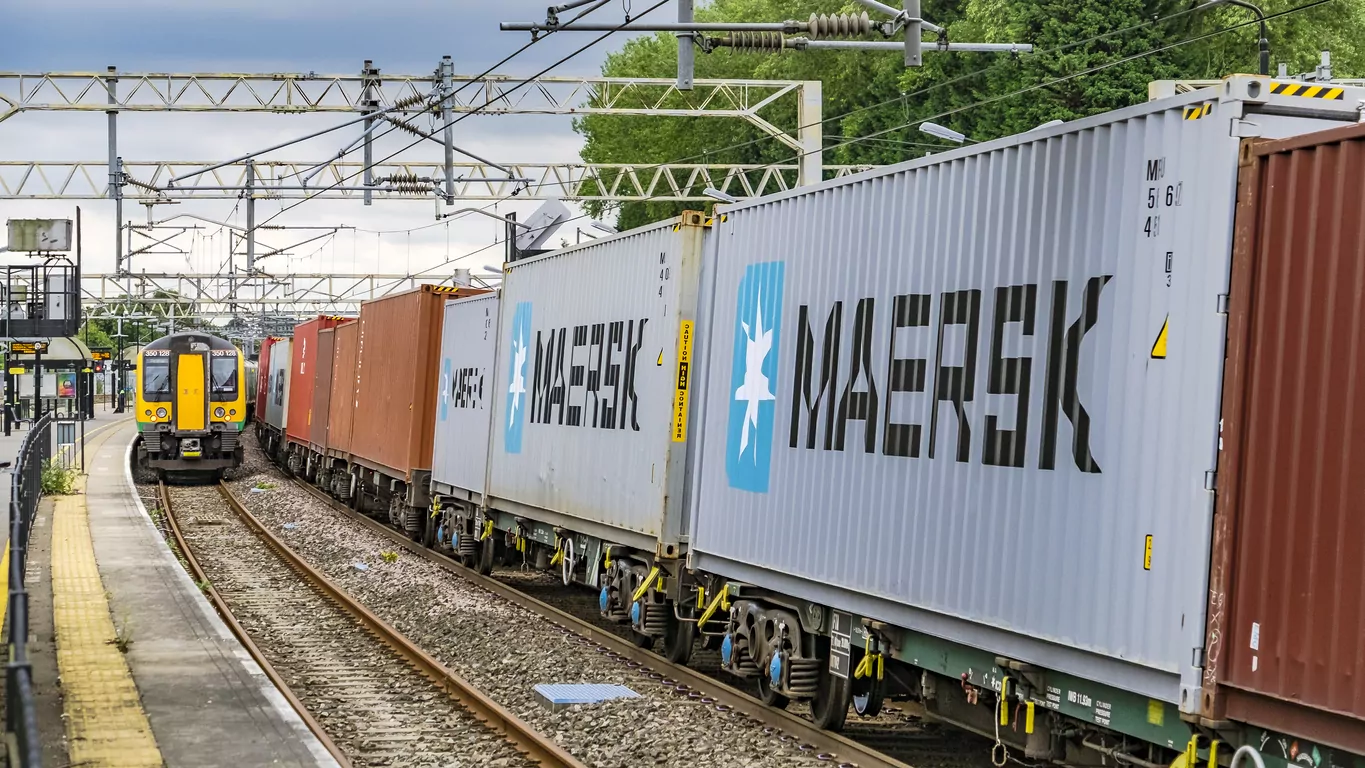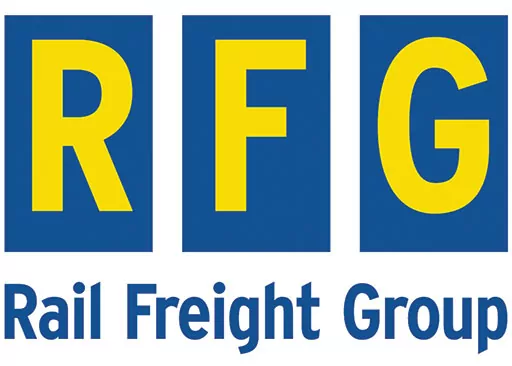Embracing Modal Shift Today for the Future
Embracing Modal Shift Today for the Future Adopting changes in mode of transportation now for the long-term Improving the interconnectivity of transport systems has numerous advantages for the rail industry, including a reduction in expenditure, environmental benefits, local economic growth, and enhanced performances. How can this be accomplished? Digitalisation has become a necessity for the … Read more


